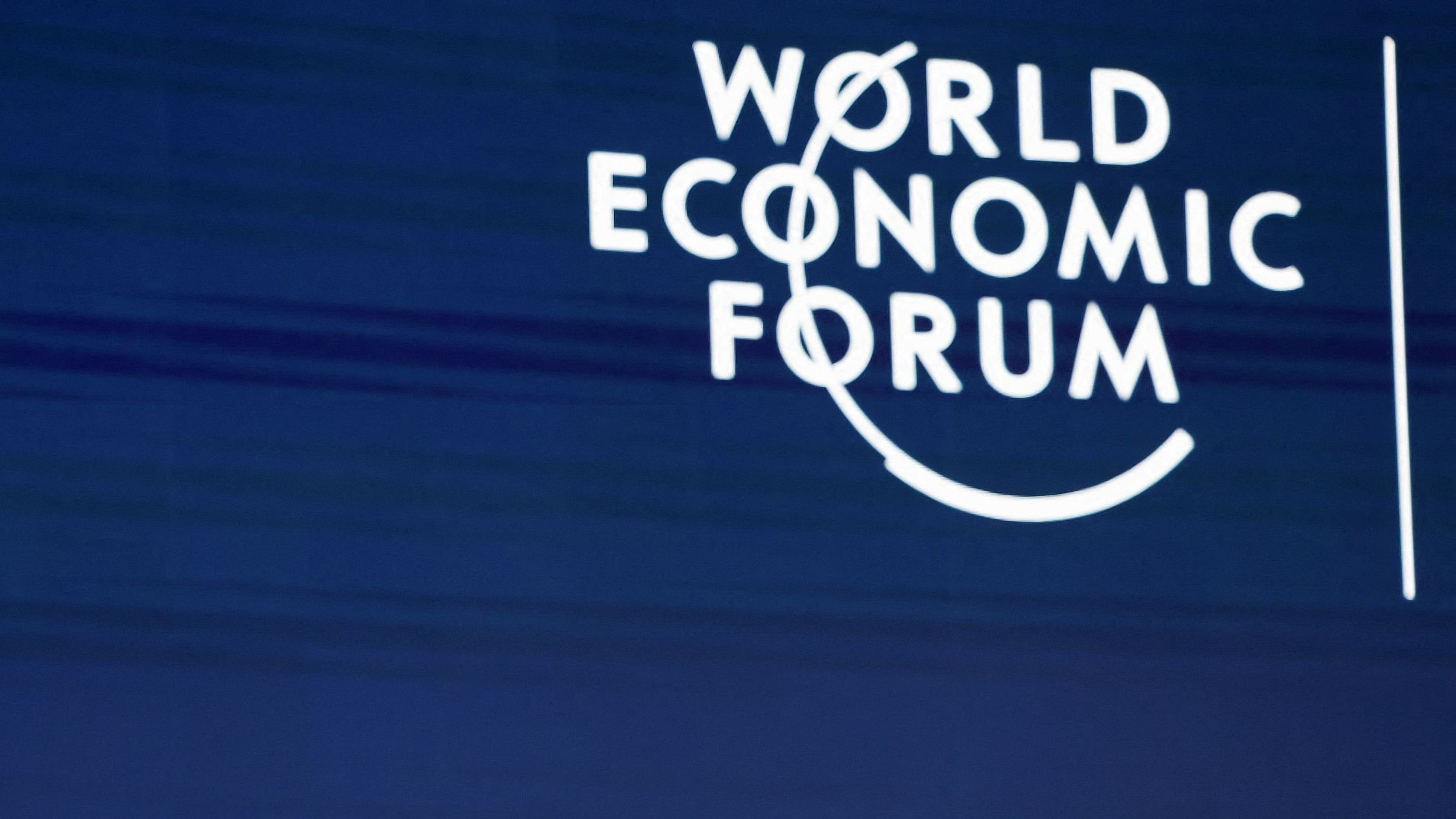
In developing economies, 39 per cent of economists expect an increase in defaults over the next year, the WEF said.
Credit: Reuters Photo
New Delhi: A majority of chief economists have shown a cautious optimism about the global economy with India's robust performance making South Asia the best performer worldwide, a survey showed on Wednesday.
"Easing inflation and strong global commerce are fuelling cautious optimism for recovery but elevated debt levels are becoming a growing concern in both advanced and developing economies," the World Economic Forum said in its latest Chief Economists Outlook.
The report, based on a survey of leading chief economists from across the world, highlighted that debt levels and fiscal challenges are placing significant pressure on economies worldwide leaving them vulnerable to future crises.
A growing concern is a potential fiscal squeeze, where rising debt-servicing costs limit governments to invest in essential sectors such as infrastructure, education and healthcare.
In developing economies, 39 per cent of economists expect an increase in defaults over the next year, the WEF said.
Regionwise, the survey found that nearly 90 per cent of chief economists anticipate moderate or strong growth in 2024 and 2025 in the US reflecting confidence in a 'soft landing' after a period of tight monetary policy.
Some 80 per cent of those surveyed agreed that the outcome of the United States election will significantly influence global economic policy, with many citing election-related risks as a major concern for the year ahead.
In contrast, nearly three-quarters of respondents expected weak growth for the remainder of the year in Europe.
Similarly, China's struggles persist, with almost 40 per cent of economists forecasting weak or very weak growth in both 2024 and 2025.
However, it is South Asia that stood out, with over 70 per cent of economists predicting strong or very strong growth in 2024 and 2025, driven by India's robust performance.
"The strongest results in the latest survey are for parts of Asia. South Asia is a clear stand-out performer, with seven out of 10 chief economists expecting strong or very strong growth in 2024 and 2025.
"This reflects the current buoyant economic activity in India, where the IMF recently revised its forecast for GDP growth this year from 6.8 per cent to 7 per cent," the WEF said.
WEF Managing Director Saadia Zahidi said the global economy may be stabilizing, but fiscal challenges continue to pose significant risks.
"Addressing these challenges requires coordinated efforts from policy-makers and stakeholders to ensure that economic recovery is not undermined by these pressures. Now is the time for pragmatic solutions that can strengthen both fiscal resilience and long-term growth," she added.
Looking ahead, the survey highlighted that limited fiscal space leaves countries ill-prepared for future crises, particularly in developing economies (82 per cent) compared to advanced economies (59 per cent).
The growing burden of debt is not only a short-term threat to macroeconomic stability but also hampers the ability of countries to address long-term challenges such as climate change, demographic shifts and social cohesion, it cautioned.